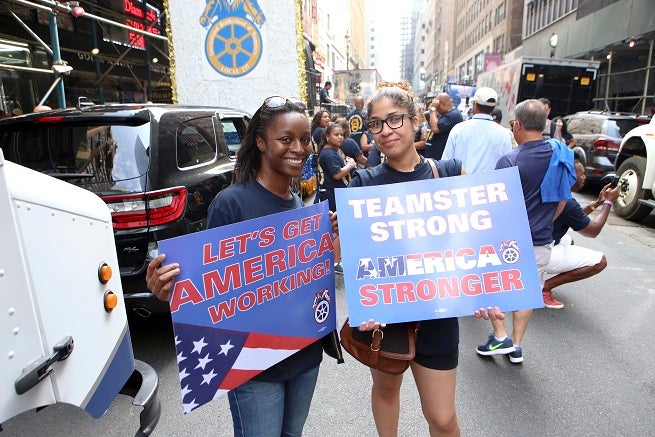Uncategorized
‘Fair Scheduling’ Rises to Top of Council Agendas

The movement to raise the wage floor across the country had been a significant success. In many states and cities, workers and activists have come together to increase the minimum wage not only into double digits, but in some cases to $15 an hour.
Now some are switching to another issue that has long plagued low-wage workers – a predictable schedule. And while that battle is still in its early stages, there are victories to report. The latest came in Seattle, where the city council late last month approved the nation’s second comprehensive bill addressing scheduling that gives workers more input on their work hours.
“Those working in Seattle’s retail, restaurant and coffee chains will no longer have to turn their lives upside down just to earn enough hours to survive— and they will finally gain a greater voice in how much and when they work,” said Carrie Gleason, director of the Fair Workweek Initiative at Center for Popular Democracy. “We can expect the vote in Seattle will inspire other cities to act.”
Efforts to do so are popping up elsewhere. In New York City, Mayor Bill de Blasio is backing a measure that would give fast-food workers in the nation’s largest city the legal right to have a more predictable work schedule. But not all of them are succeeding – the Washington, D.C. City Council recently tabled a similar effort there.
The problem, however, is very real. A national look at the practice found that half of hourly workers said their employers schedule without their input, and that 41 percent of early-career adults are given their schedules one week or less in advance.
Seattle is the second city to approve a fair scheduling law, following San Francisco which did so in 2014. But all workers should be entitled to have more certainty or input when it comes to their work schedules. Predictability in pay and two weeks of advance note of schedules shouldn’t be too much to ask.